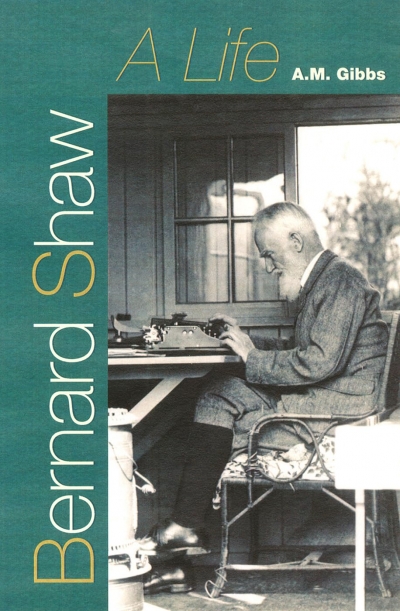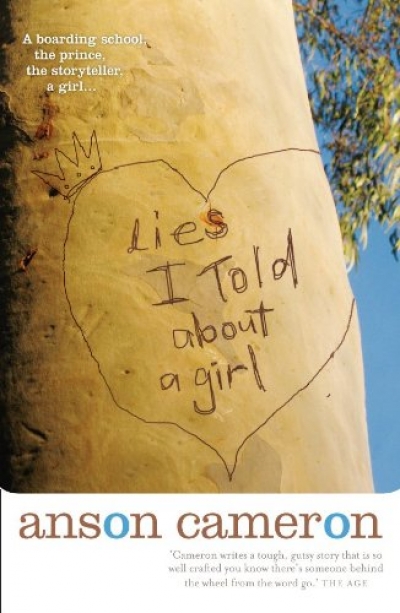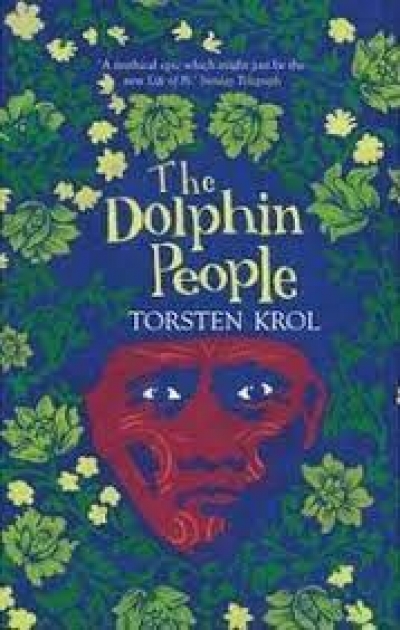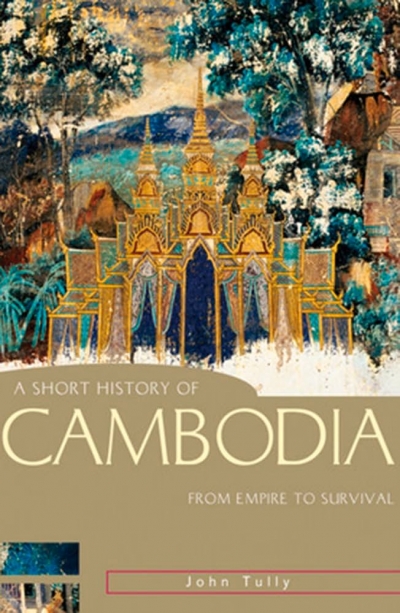Review
Medievalism and the Gothic in Australian Culture by Stephanie Trigg
by Gregory Kratzmann •
Left Bank Waltz: The Australian bookshop in Paris by Elaine Lewis
by Carol Middleton •
Socialist Champion: Portrait of the gentleman as crusader by John Barnes
by Grant Bailey •
A Short History of Cambodia: From empire to survival by John Tully
by Patrick Allington •
From Paesani to Global Italians: Veneto migrants in Australia by Loretta Baldassar and Ros Pesman
by Judith Armstrong •










